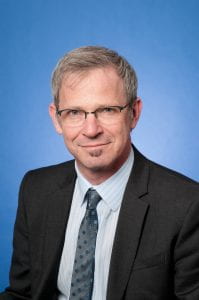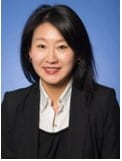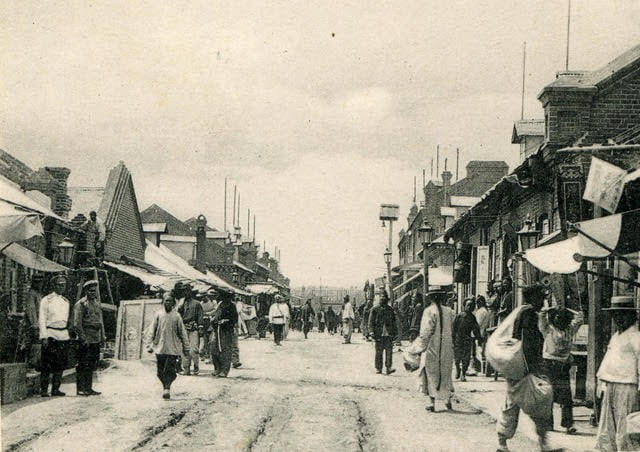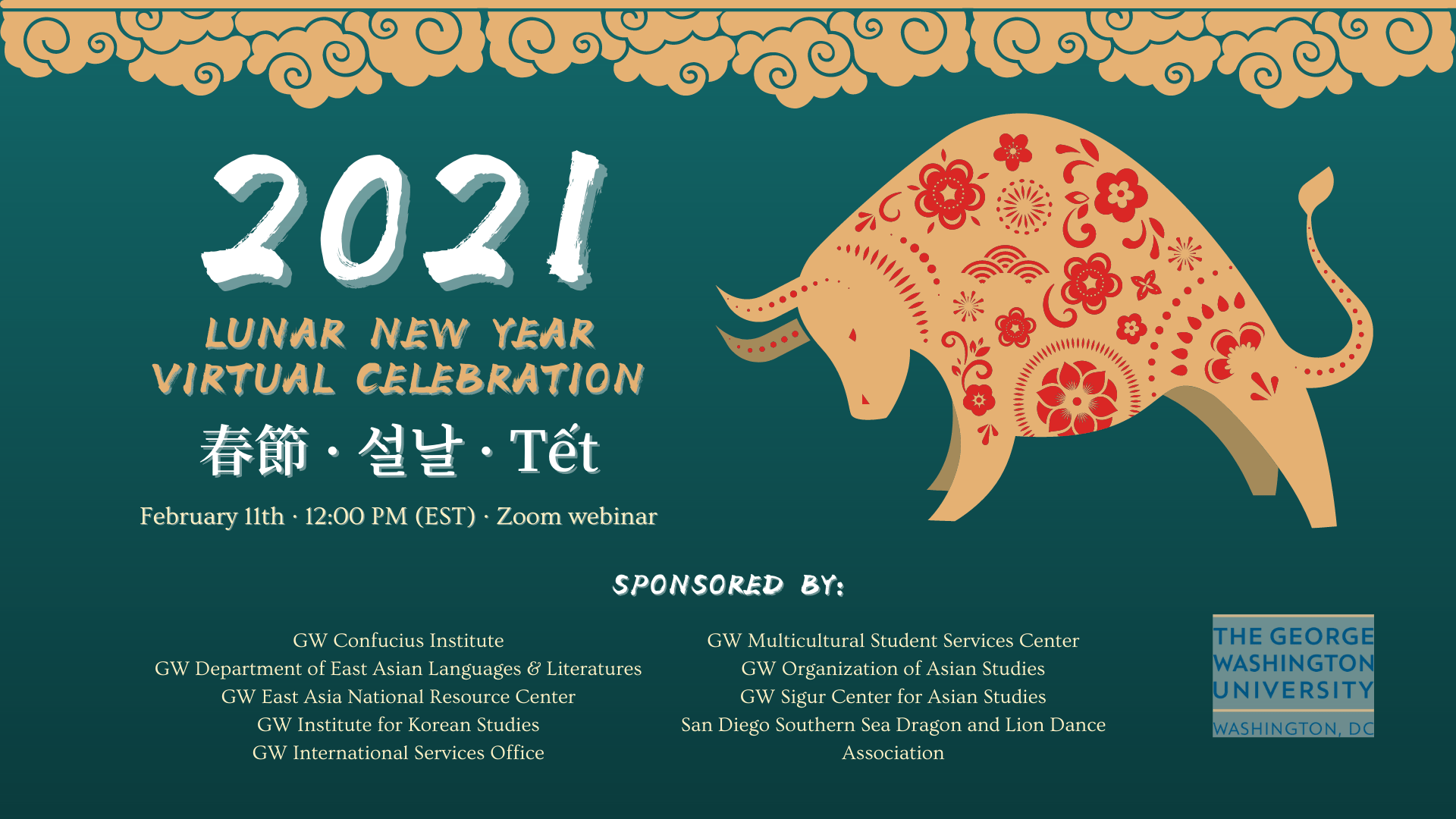Speaker: Harry Franqui-Rivera, Associate Professor of History, Bloomfield College
Introductory Speaker: Jisoo Kim, Director, GW Institute for Korean Studies; Co-Director, East Asia NRC
Wednesday, October 14, 2020
12:30 p.m. – 1:30 p.m. ET
Livestream via Zoom
Event Description
No conflict has been as impactful and transformative for Puerto Rico and Puerto Ricans as the Korean War. In slightly over three years of fighting some 61,000 Puerto Ricans served in the U.S. Armed Forces. The Puerto Rican involvement in the Korean War was as large as in World War II, a war of a global scale, and larger than in Vietnam, the longest American conflict to that point.
The Korean War was also the first time Puerto Rican troops were thrown into combat in large numbers, as Puerto Rican units, and for a prolonged period of time since they started serving in the Unites States Armed Forces in 1899. Most of the Puerto Ricans who served in this war were members of the 65th United States Army Infantry Regiment. During the war, this regiment (known as “el sesenta y cinco”), and its men (the Borinqueneers), became a national icon representing the hopes of a people willing to sacrifice their youth for a better future, acceptance and respectability, equality, a path towards decolonization, and a democracy that had and has proven elusive to them.
The significance of the Puerto Rican participation in the Forgotten War had been lost and it was not until recently that these histories started to be uncovered, eventually leading to Congress awarding the Congressional Gold Medal to the 65th in recognition of their service. The award also recognizes that when the 65th fought under the flags of Puerto Rico, the United States, and the United Nations, they did so carrying an undue burden.
Introductory Speaker
Jisoo M. Kim is Korea Foundation Associate Professor of History, International Affairs, and East Asian Languages and Literatures and Director of the Institute for Korean Studies at GW. She also currently serves as Editor-in-Chief of the Journal of Korean Studies. She is a specialist in gender, law, and emotions in Korean history. Her broader research interests include gender and sexuality, crime and justice, forensic medicine, literary representations of the law, history of emotions, vernacular, and gender writing. She is the author of The Emotions of Justice: Gender, Status, and Legal Performance in Chosŏn Korea (University of Washington Press, 2015), which was awarded the 2017 James Palais Prize of the Association for Asian Studies. She is also the co-editor of The Great East Asian War and the Birth of the Korean Nation by JaHyun Kim Haboush (Columbia University Press, 2016). She is currently working on a book project tentatively entitled Sexual Desire, Crime, and Gendered Subjects: A History of Adultery Law in Korea. She received her M.A., M.Phil., and Ph.D. in East Asian Languages and Cultures from Columbia University.
Speaker
 Dr. Harry Franqui-Rivera is an Associate Professor of History at Bloomfield College, New Jersey. He served as Research Associate at the Center for Puerto Rican Studies at Hunter College, City University of New York (2012-2016). Dr. Franqui-Rivera is a published author, public intellectual, cultural critic, blogger and NBC, Latino Rebels, and Huff Post contributor. His work has been featured in national and international media outlets, including the New York Times; and he has been a guest in several National Public Radio programs including Throughline, Borinquén; and; On The Media, The Puerto Rican Debt Narrative. In his academic work, Doctor Franqui-Rivera specializes in Puerto Rican, Caribbean, Latino, Latin American, and Military History and focuses on the 19th and 20th centuries. Among other interests, he addresses the issues of nation building, national identities, citizenship, military institutions, and imperial-colonial relations.
Dr. Harry Franqui-Rivera is an Associate Professor of History at Bloomfield College, New Jersey. He served as Research Associate at the Center for Puerto Rican Studies at Hunter College, City University of New York (2012-2016). Dr. Franqui-Rivera is a published author, public intellectual, cultural critic, blogger and NBC, Latino Rebels, and Huff Post contributor. His work has been featured in national and international media outlets, including the New York Times; and he has been a guest in several National Public Radio programs including Throughline, Borinquén; and; On The Media, The Puerto Rican Debt Narrative. In his academic work, Doctor Franqui-Rivera specializes in Puerto Rican, Caribbean, Latino, Latin American, and Military History and focuses on the 19th and 20th centuries. Among other interests, he addresses the issues of nation building, national identities, citizenship, military institutions, and imperial-colonial relations.
His latest book, Soldiers of the Nation: Military Service and Modern Puerto Rico,1868-1952, was published by the University of Nebraska Press in 2018. His second book manuscript, Fighting on Two Fronts: The Ordeal of the Puerto Rican Soldier during the Korean War will be published by Centro Press. He is currently conducting research on the Vietnam War and the Puerto Rican experience for a third book tentatively entitled: Patriotism and Resistance: The Vietnam War and Political and Cultural Strife in Puerto Rican Communities.
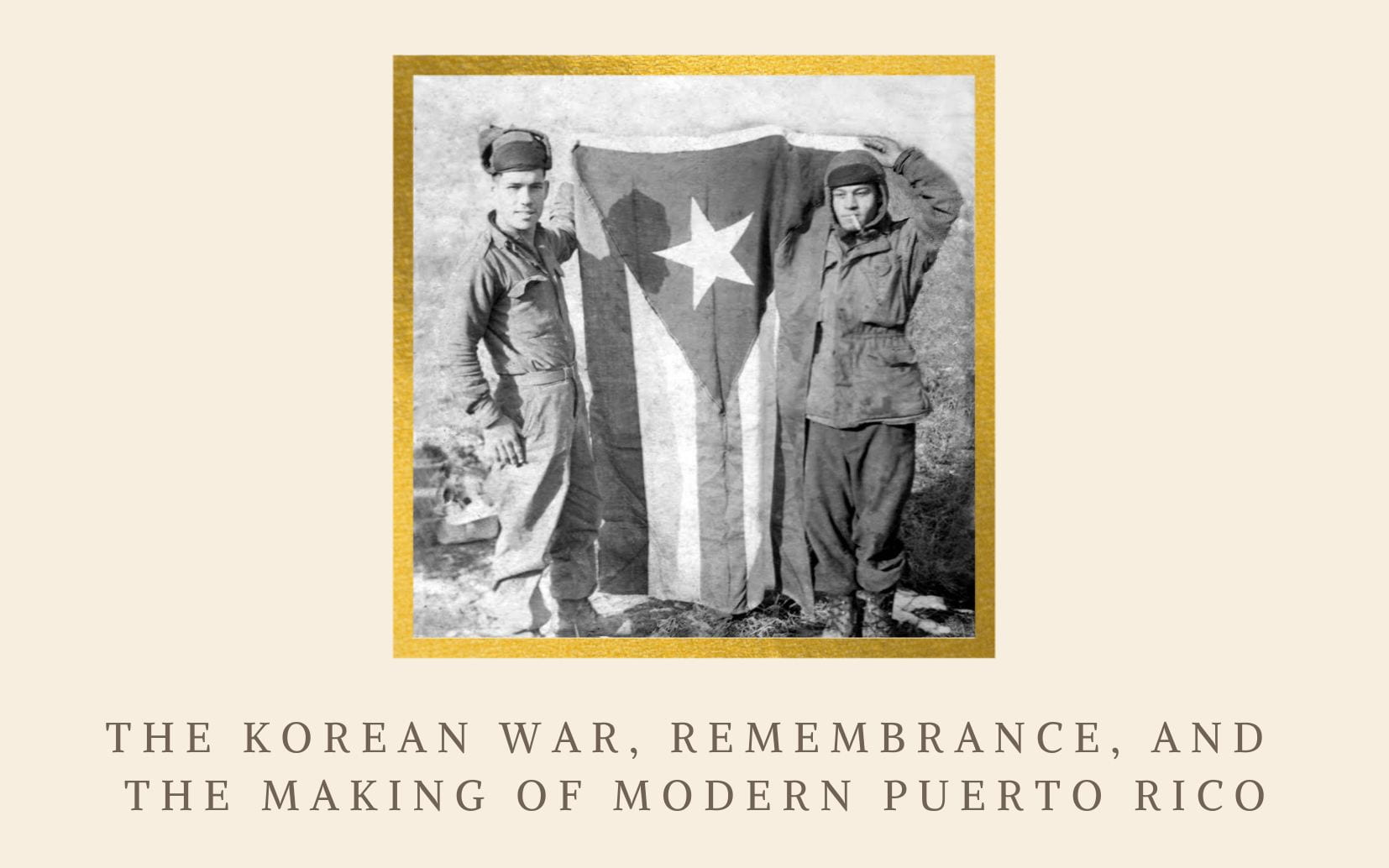
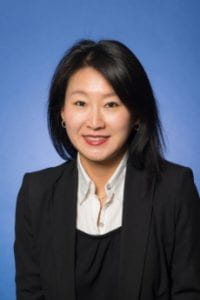
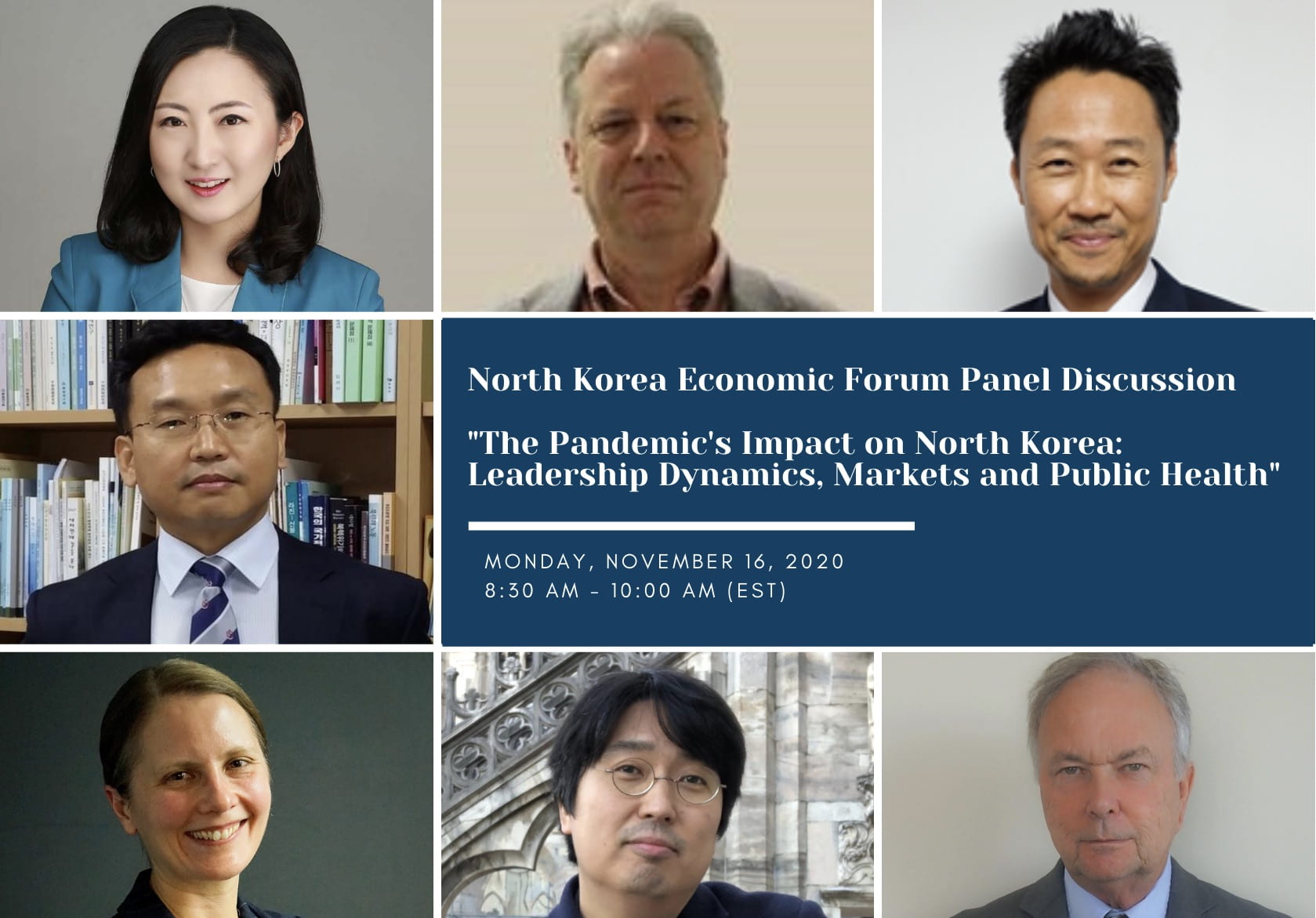


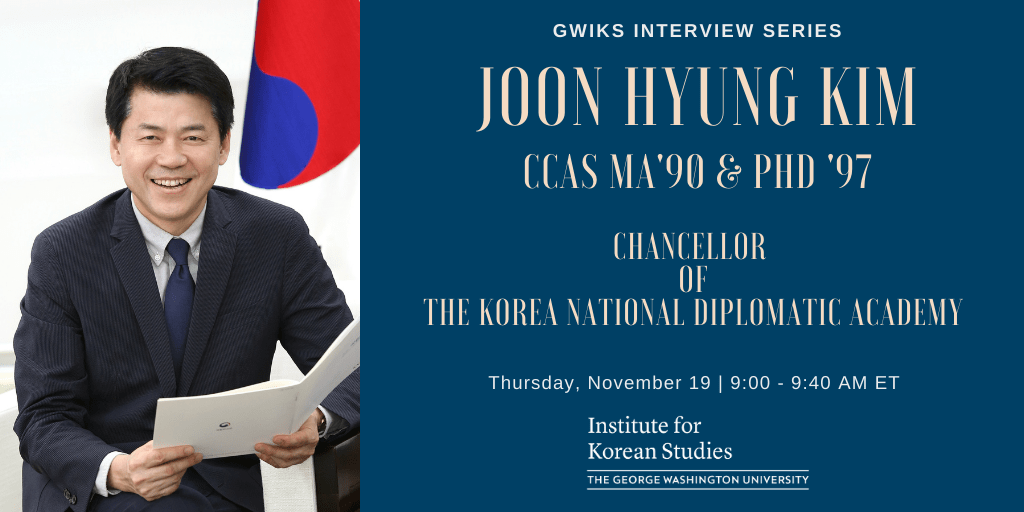
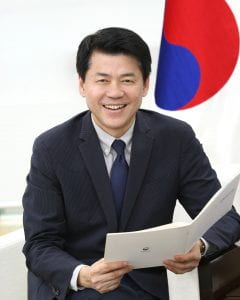


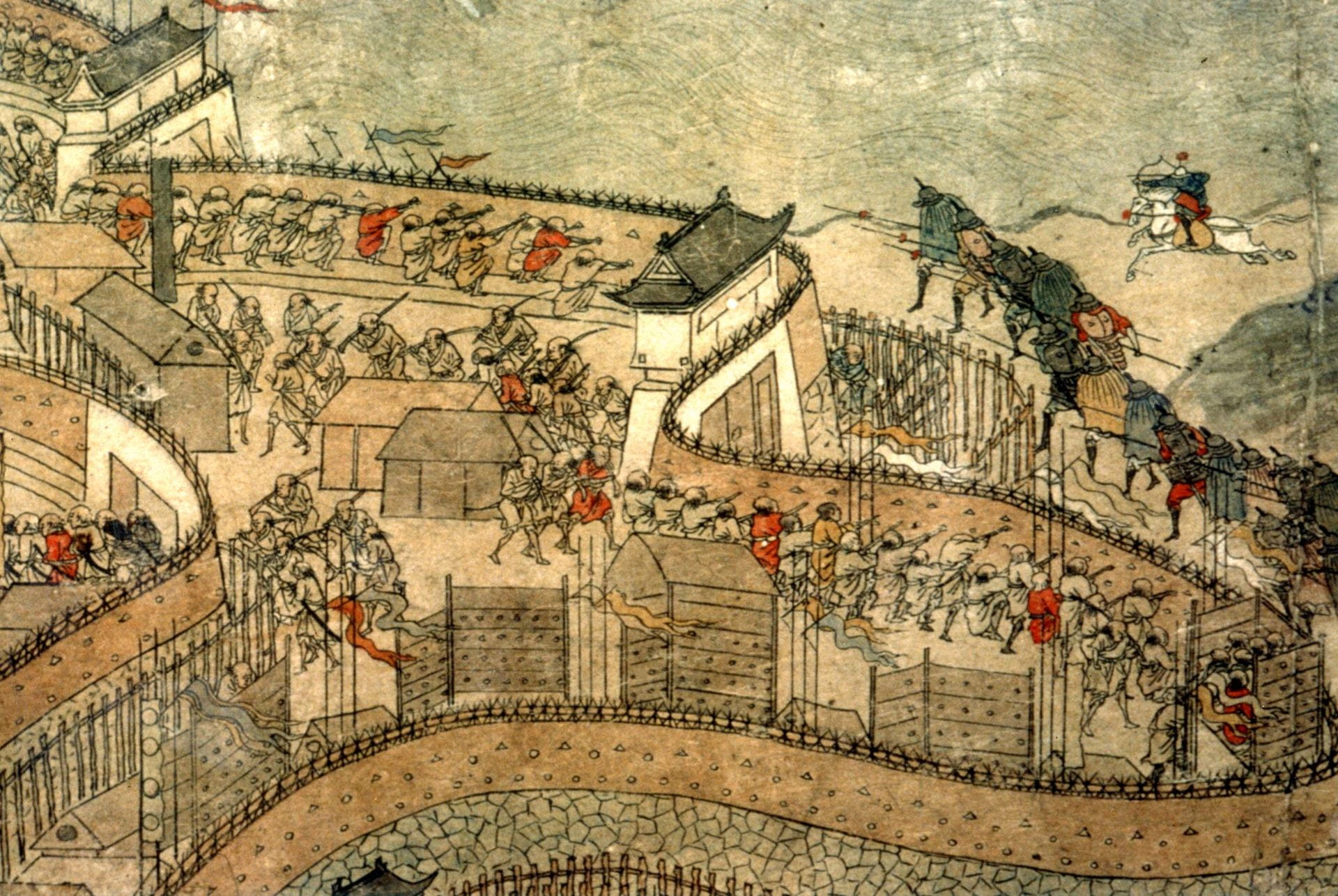

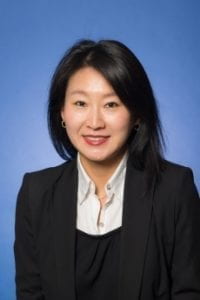

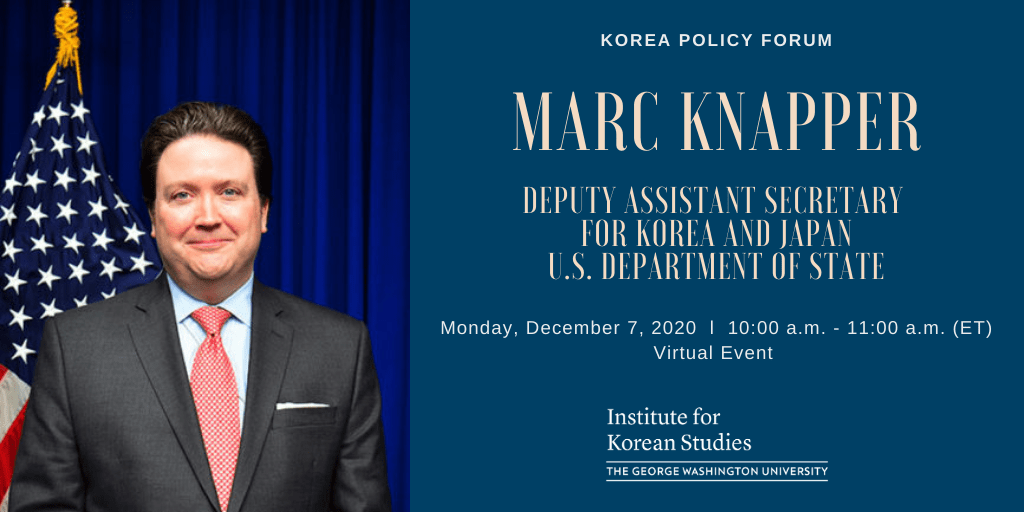
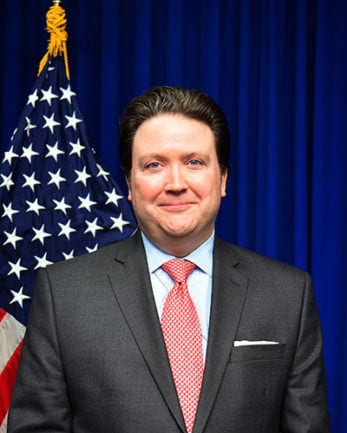
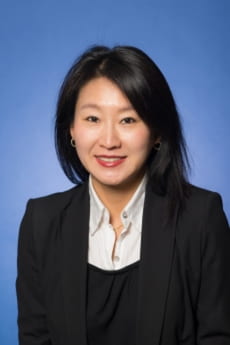

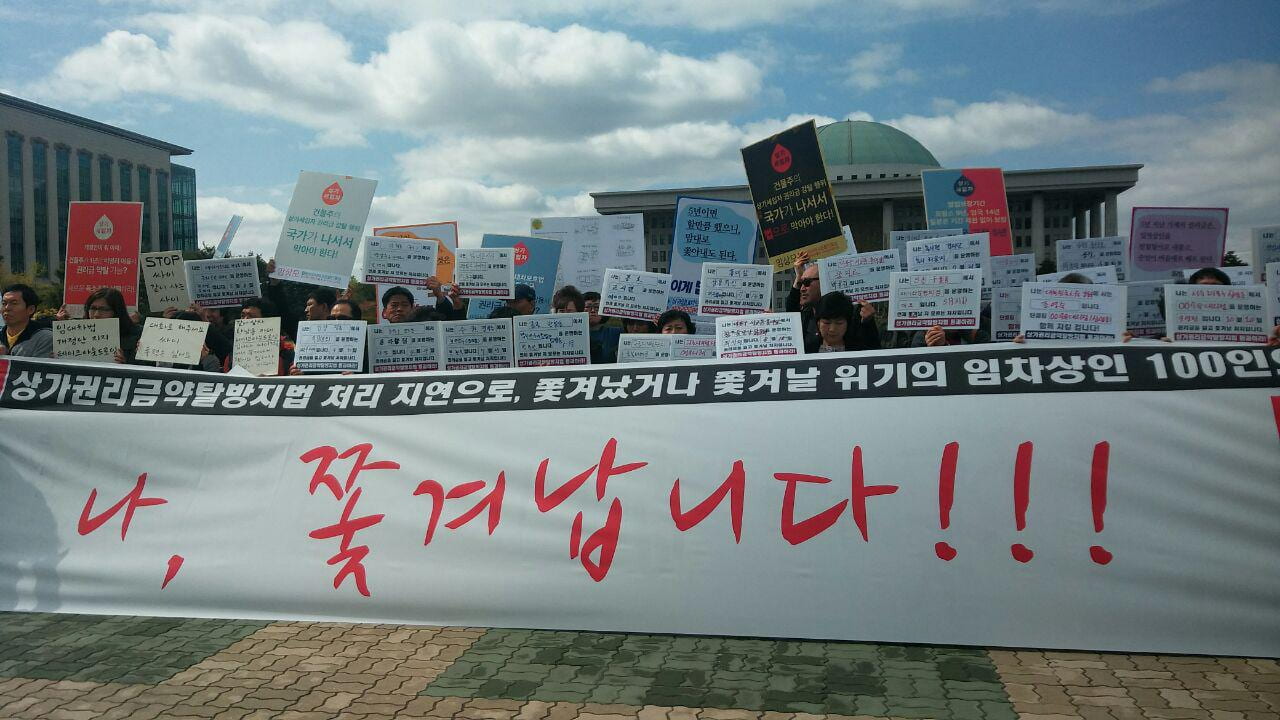
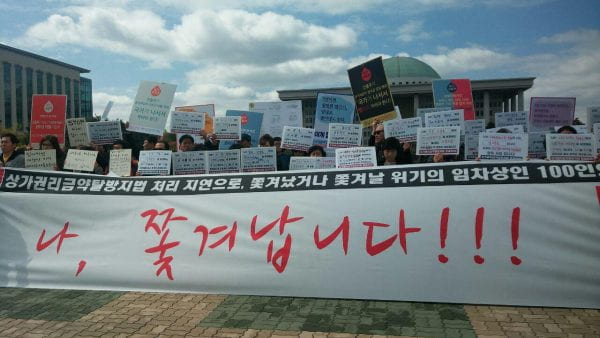
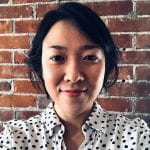 Yewon Lee is currently an Assistant Research Professor of International Affairs and Postdoctoral Fellow at The George Washington University Institute for Korean Studies (GWIKS). She received her PhD in Sociology at UCLA in 2019 and previously held a 2019-2020 Korea Foundation Postdoctoral Fellowship at the University of Toronto. Her current book project, entitled Precarious Workers in the Speculative City: The Untold Gentrification Story of Tenant Shopkeepers’ Displacement and Resistance in Seoul, examines how tenant shopkeepers challenge financial speculation in Seoul’s commercial real estate industry through protest and collective organizing. Dr. Lee’s research on the resistance to commercial gentrification in Korea has appeared in Critical Sociology. The manuscripts emerging from this research project have been well received, winning many prestigious awards, including the American Sociological Association’s 2020 Labor & Labor Movement Section’s Distinguished Contribution to Scholarship Graduate Student Paper Award.
Yewon Lee is currently an Assistant Research Professor of International Affairs and Postdoctoral Fellow at The George Washington University Institute for Korean Studies (GWIKS). She received her PhD in Sociology at UCLA in 2019 and previously held a 2019-2020 Korea Foundation Postdoctoral Fellowship at the University of Toronto. Her current book project, entitled Precarious Workers in the Speculative City: The Untold Gentrification Story of Tenant Shopkeepers’ Displacement and Resistance in Seoul, examines how tenant shopkeepers challenge financial speculation in Seoul’s commercial real estate industry through protest and collective organizing. Dr. Lee’s research on the resistance to commercial gentrification in Korea has appeared in Critical Sociology. The manuscripts emerging from this research project have been well received, winning many prestigious awards, including the American Sociological Association’s 2020 Labor & Labor Movement Section’s Distinguished Contribution to Scholarship Graduate Student Paper Award.